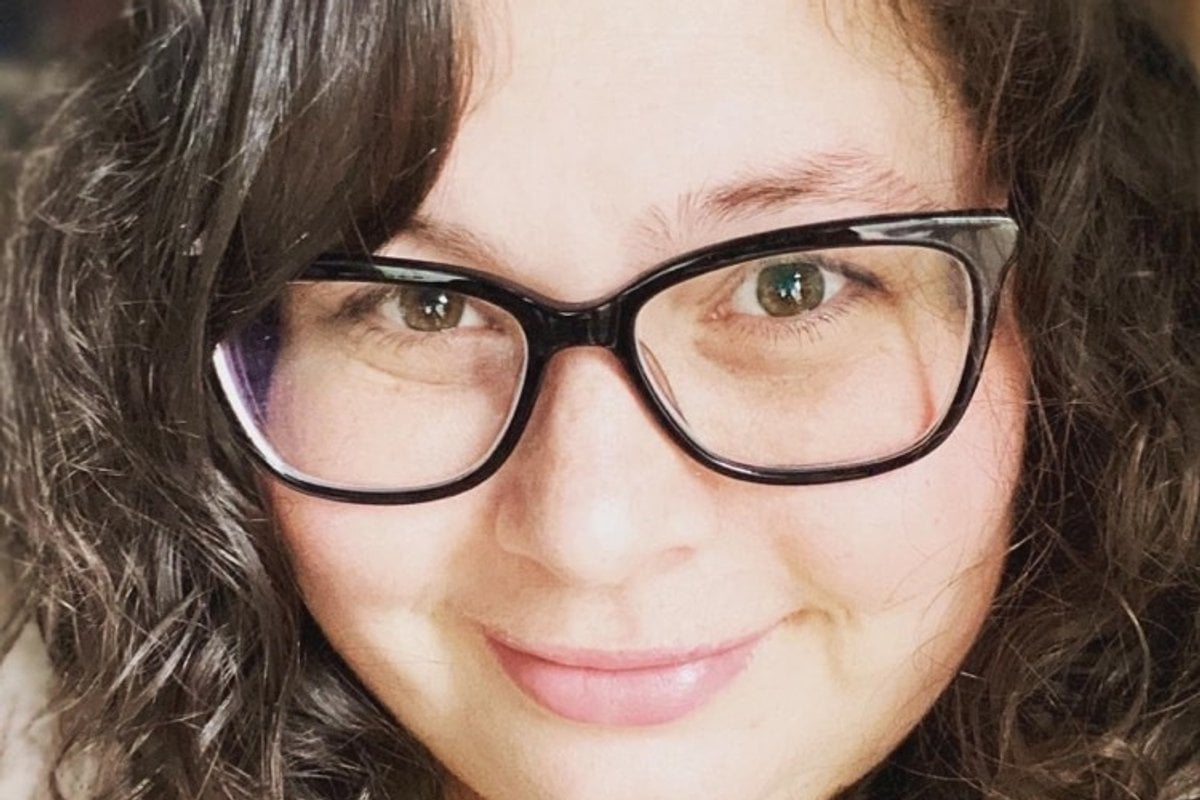
All I can think about is him.
I can remember vividly, fragmented moments that are so real it makes reality look like a faded memory. I hear his voice, see his face, the smell of his deodorant – time stops in these moments. I can feel my heartbeat become slower, my breath is shallow but they’re a distant sensation. I’m lost in this looping fragment. Over and over again it plays in high definition each time a new detail emerges – the colour of his eyes, individual strands of his hair. Each detail is carefully examined before the loop restarts.
Abruptly, I’m jolted back to the present. In a strange and confusing swirl, the present moment and memory switch and I find myself rocketed back into the reality of sitting in a cramped office, opposite a young woman who looks impatient. Where am I, again? Oh, yes. The job services provider.
She asked a question. Do I know the answer? She asks, and by the look on her face, for the third or fourth time. "Why can’t you find a job?" I shake my head. It only helps to clear it a little. How do I explain to her, what I can barely put into words myself?
How do I tell her about him, about all of the hims? Why does she have to know what I can barely acknowledge?
In Australia, 43 per cent of women who experienced childhood abuse rely on a government benefit or allowance as their main source of income. Reading this data shook me to the core. I wasn’t alone. There were enough of us in this crucible that we could be identified and quantified, at least for the survivors who were willing and able to be counted.
"We can’t keep giving you extensions," she tells me. "Maybe you should see our psychologist, you get six sessions."






























































































